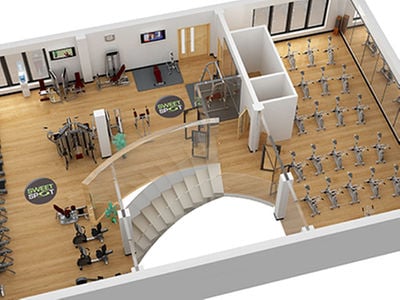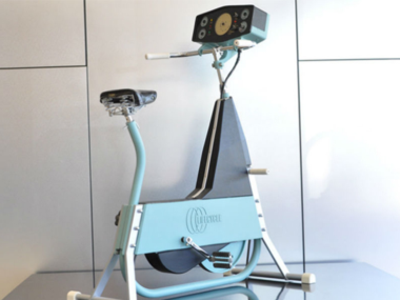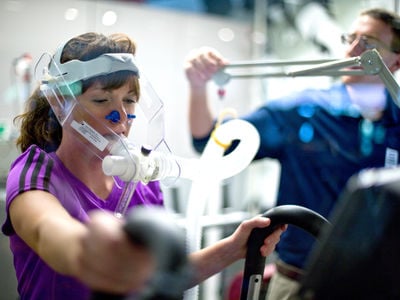Older people can improve their cognitive function with aerobic exercise, a new study has found.
It’s never too late to start a fitness regimen. In fact, a new study suggests that the aging population might see the most benefit.
Recent research out of Goethe University Frankfurt in Germany has shown that physical exercise can ward off cognitive decline in older people.
There are currently more than 400,000 Australians living with dementia, with the number expected to rise by more than 120,000 by 2025.
The study:
In the German study, researchers took 60 participants between the ages of 65–85 and divided them into two groups. They had one group completed an exercise bike fitness routine three times a week for 12 weeks, while the other group did nothing. The cycling was for a period of 30 minutes, which was adjusted to the individual’s current performance level.
After the 12 weeks were up, researchers measured all participants for the effects the exercise had on their brain metabolism, cognitive performance and brain structure. The researchers also measured the participants’ general physical fitness following the exercise program.
The results:
The results showed that not only did the exercise group get physically fitter, they also had lower levels of brain choline. Choline is a metabolite that typically rises when nerve cells are dying, as is the case during dementia and Alzheimer’s disease. Physical activity was shown to keep the cerebral choline concentrations stable, while the control group saw their choline levels increase.
The researchers concluded that exercise is not only good for improving physical fitness but also for protecting brain cells.
For older people looking to improve their fitness and warding off cognitive decline, there are now many health clubs with a focus on senior populations with specially-trained staff. Please get in touch if you would like more information on making your health club optimal for elderly populations.
Reference:
Matura, S. et al (2017). ‘Effects of aerobic exercise on brain metabolism and grey matter volume in older adults: results of the randomised controlled SMART trial.’ Translational Psychiatry, 2017; 7 (7): e1172. DOI: 10.1038/tp.2017.135























